As parents of kids with special needs, we sometimes operate in survival mode and neglect the relationships that are beyond the immediate household. I'd like to share several ideas that strengthened my extended family network of grandparents, aunts, uncles and cousins.
- Be honest about the challenges to help your family "get it" but avoid scaring them off. Share the most difficult moments with a support group or other appropriate people in your circle, but avoid posting it on more public places like your facebook page.
- Recognize that your extended family is experiencing a loss too, whether it's an altered relationship or the absence of activities they thought they would share but may never happen. I still remember my dad saying that he can't wait for my son "to be old enough to spend the night!" before we knew the extent of my son's disabilities. This is a loss for him. His relationship with his grandson has been altered--just as my mother/son relationship has been altered.
- Be patient as you teach your family, especially the older generations, about the current thinking about how to treat special needs. It takes time to break down stereotypes and, for many, mainstreaming is a new concept or even being exposed to a child with disabilities on a regular basis. As recently as 1975, only 20% of kids with disabilities were in the public schools. Many therapies, teaching methods, and how we view and treat kids with disabilities have come a long way in just one generation, and not everyone is up to speed.
- Find your teachable moments and use them. For cousins, especially those not in school yet, this is probably their very first personal experience with a child with different needs. Explain things on their level--why the child is acting out, why the child may not be held to the same standards for some behaviors and so on. Find common ground between your special needs child and his typical cousins, whether it's a favorite toy or favorite food. It is fun and exciting to watch my youngest son develop this knowledge, and be comfortable relating to people who look, act or sound different from him.
- Plan ahead when it comes to family gatherings, especially noisy ones. Bring two cars in case one of you needs to leave early with your child, as well as any special food needed. Check in with your hosts about their expectations and yours. If you are not attending, tell them why but ask for a rain check so they know to invite you again. But unless you are predicting a complete disaster (and moms can predict them--listen to us!) at least go for a little bit. Remind yourself that this may be one of the few interactions with "typicals" that your child gets. It also helps you to feel part of the family and not alienated.
- Pick a family member to invite to events. I picked an aunt in our family and I invited her to my son's Grandparents/Special Someone Day at his special needs preschool and to the big Huddle Up for Autism Day with the Philadelphia Eagles. It did wonders for enhancing our relationship and she learned so much. At his school, they went over all of the different disciplines and what they do. At the Eagles event, she noticed the higher number of boys. "What an "A-ha!" moment! Though most of us know the stats in our sleep (1:88 kids, 1:70 boys), she didn't. Continue to educate people especially since what's obvious to us may not be to others. They want to know more but may feel awkward asking questions.
- Recognize that there are just going to be some events and gatherings that are too much for your child. If it's something you really want to do, this is the time that you trade off with your spouse or reach out for help in terms of a babysitter or respite.
Check back for 5 more ideas on how to bridge the gaps with your extended family and your child with special needs. Lisa Lightner is an award-winning blogger and Special Education Advocate who lives in suburban Philadelphia with her family. Her special needs parenting blog, A Day in our Shoes, offers IEP tips and family fun for households with a child or children with special needs.
Watch our Sensory Coach Videos to learn more about sensory processing.

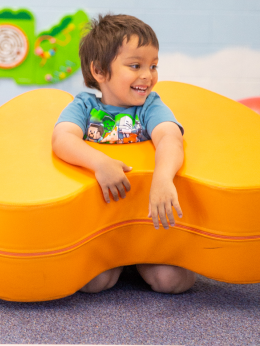


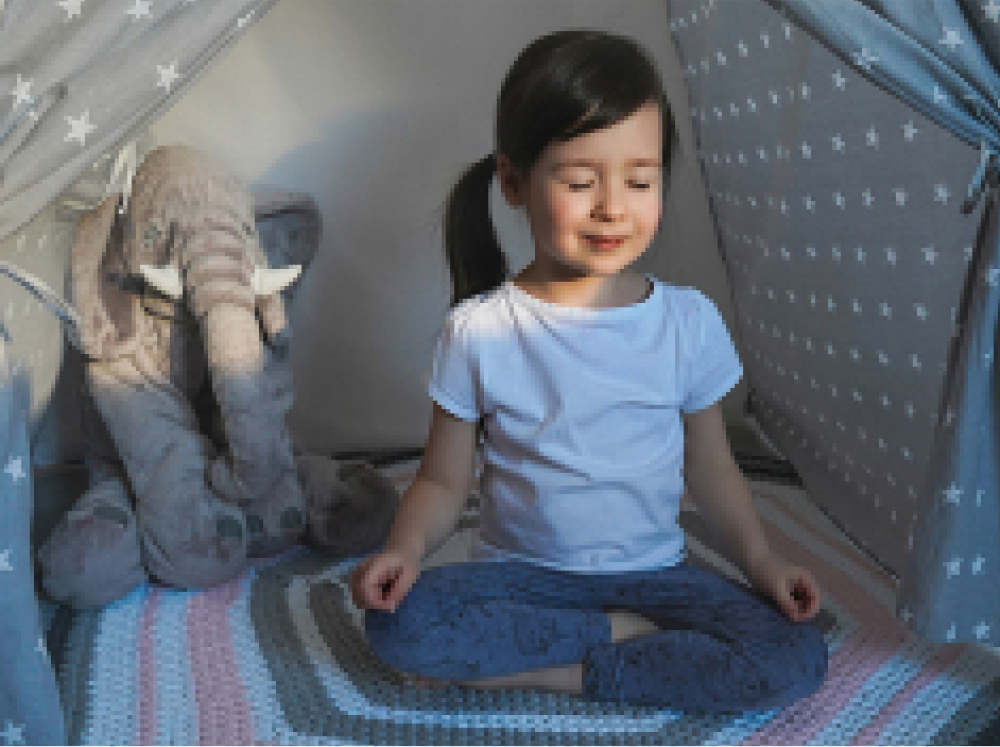
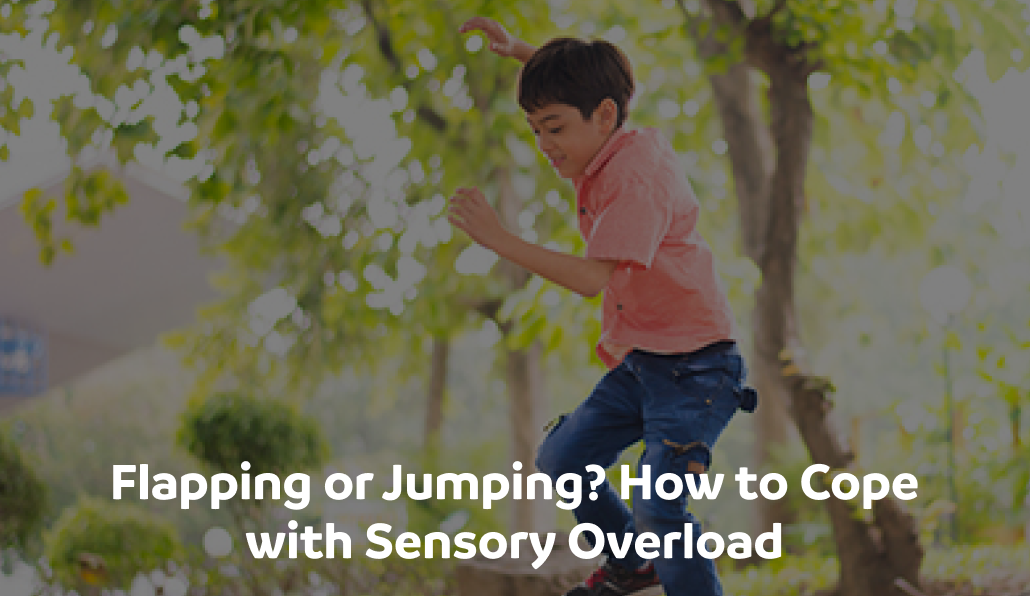
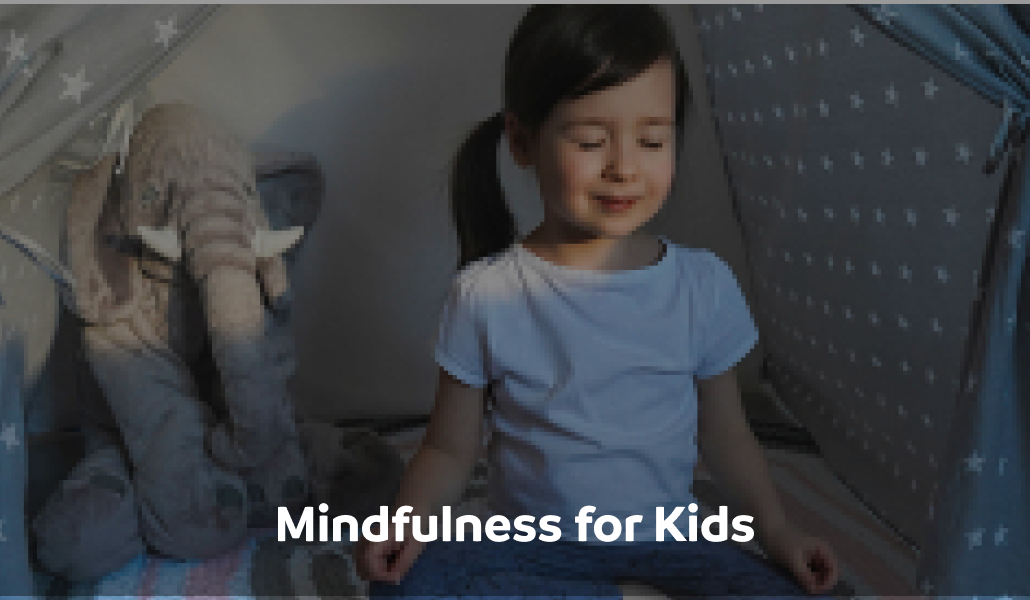
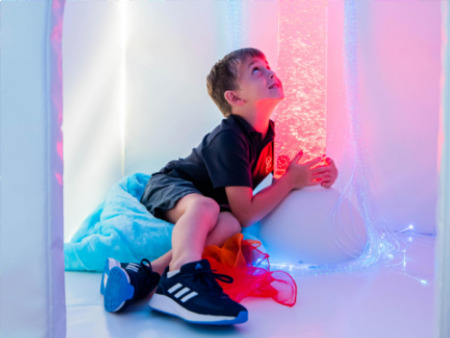
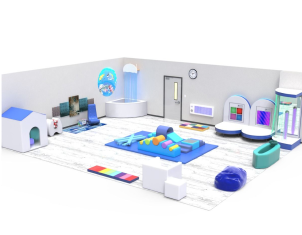

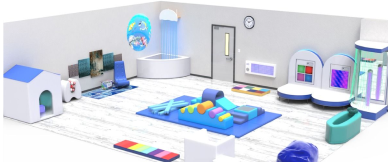

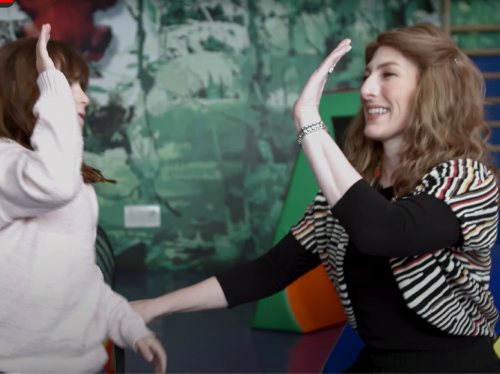
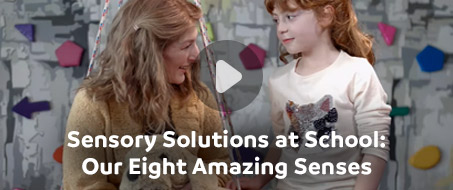
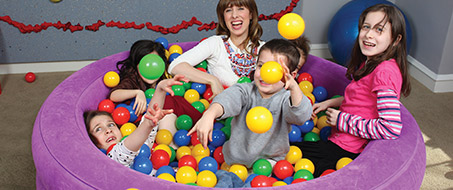







Comments